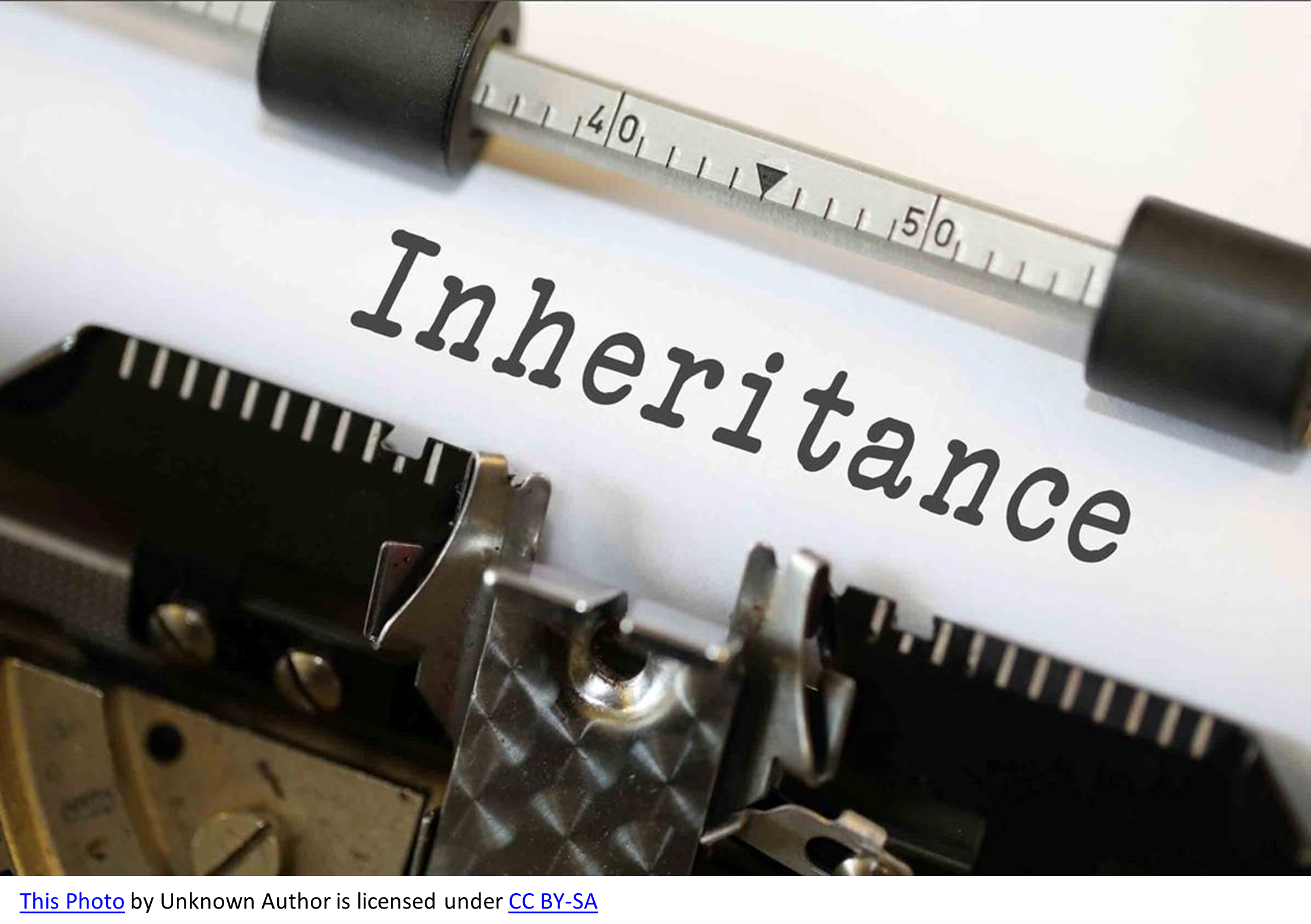
When someone passes away without a valid will, this is called intestacy. In this situation, each Australian state and territory has its own rules that determine how the estate is divided. While these intestacy laws provide a safety net, the outcome may not reflect what you would have wanted for your family.
Who Inherits an Intestate Estate?
The rules of intestacy generally follow a set order of priority:
Family Provision Claims
Even when intestacy laws apply, certain people can challenge the distribution. A family provision claim allows eligible people—such as a spouse, partner, child, or dependant—to ask the court for a larger share if they believe they were not adequately provided for. This process can apply whether or not there is a will.
What Assets Are Not Covered by Intestacy?
Not all assets automatically fall under intestacy laws. Examples include:
Who Manages the Estate Without a Will?
If there is no will, the court appoints an administrator (often a spouse or next of kin). The administrator is responsible for:
Their authority begins only once the court issues a grant of administration.
Funeral and Burial Decisions
Without an executor named in a will, the right to arrange the funeral usually goes to the person with the strongest claim to be administrator—most often the surviving spouse or de facto partner, or if none, the next of kin.
Key Takeaway
Dying without a will means:
Making a valid will in Australia ensures your wishes are respected, your loved ones are cared for, and the process is far smoother for those left behind.